| Getting your Trinity Audio player ready... |
Wannida Saegkaew joins the BISP Learn-to-Swim (LTS) team but also has a lot of experience with competitive swimming. She has been a member of the Thai national team as well as serving as an assistant coach with the Thai national swim team.
We took some time to ask her a few questions and get to know her better.
What is your role as a Learn-to-Swim coach and how do you anticipate students will connect with you?
As a learn-to-swim teacher, my primary role is to offer effective guidance to enable my students to advance in their swimming abilities. This entails introducing a variety of targeted drills and exercises designed to enhance key elements of swimming, including breathing, body positioning, and stroke technique. These drills are instrumental in honing their skills and elevating their overall performance.
What do you enjoy most about working in education?
What I value most about working in education is the opportunity to teach students in a swimming class and create a positive and enjoyable learning environment that enhances their experience and progress. Witnessing students’ smiles and observing their improvements brings me immense joy.
What attracted you to BISP?
What drew me to BISP was its outstanding educational standards and the reputation for nurturing top-tier athletes within its sports teams. As a learn-to-swim teacher, I naturally take pride and enthusiasm in my team’s achievements. Being a part of such a successful school with exceptional athletes offers me the chance to inspire and motivate my swimming students. Sharing in the success of the team allows me to encourage my students to pursue their own goals, both within and outside the pool.
What’s a professional skill, or area of interest, that you’re keen on developing at BISP?
In my role at BISP, a professional skill and area of interest I’m eager to enhance is my expertise in teaching swimming. While BISP already maintains high standards, I’m dedicated to furthering my students’ swimming abilities, striving to elevate the quality of instruction and their overall performance.
What do you like to do when you’re not working?
In my free time, I’m consistently engaged in swimming and running events. I actively seek out competitions to continually develop myself, both in terms of skills and knowledge. Competing not only introduces me to new people but also allows me to recognize the importance of continuous learning and growth within the swimming and running communities.
What behaviour or personality trait do you most attribute your success to, and why?
The key to my success is a combination of patience and persistence. When I set my mind on a goal, I commit to it wholeheartedly. In my role as a swimming coach, this determination helps me guide students in their swimming journey. I want to witness their improvement, even when obstacles and slow progress arise. I firmly believe that any advancement, no matter how small, is better than stagnation. Learning to swim is a gradual process for some, and I maintain patience and persistence in my teaching approach, recognizing that progress varies among students. I encourage them to persist and celebrate every small victory they achieve.
What advice would you give to your teenage self?
I would encourage my teenage self and all teenagers to find themselves. Try doing everything you want, many sports, and most importantly, never stop improving yourself.

